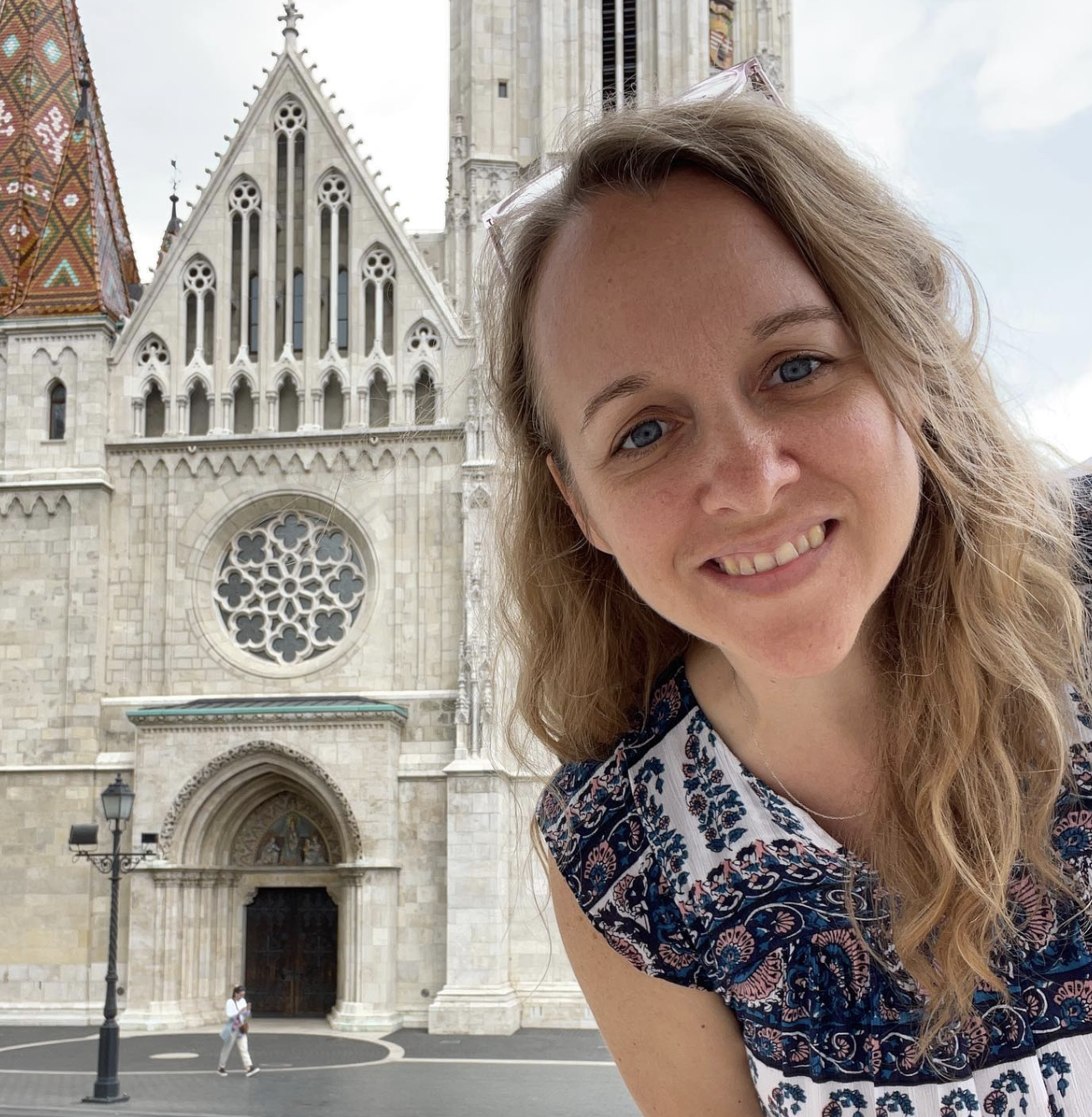Funding opportunity description
Announcement
FHWA 2018 Exploratory Advanced Research Broad Agency Announcement (Presolicitation Notice)
The Federal Highway Administration (FHWA) issued a Presolicitation Notice for its 2018 Exploratory Advanced Research Program’s Broad Agency Announcement (BAA). It is expected that the BAA will be released soon.
 Submitted by Katie Dey on February 22nd, 2018
Submitted by Katie Dey on February 22nd, 2018
Announcement
Smart & Connected Communities Program Webinar
January 4, 2018 3:00 PM to January 4, 2018 4:00 PM EST
January 8, 2018 3:00 PM to January 8, 2018 at 4:00 PM EST
Due to overwhelming response for the first webinar, the S&CC program will be hosting a second S&CC Webinar on January 8, 2018 at 3 PM EST. Pre-registration is required. If you are attending the first – there is no reason to re-register
Submitted by Anonymous on December 22nd, 2017
Call for Papers
IEEE is the Technical Co-Sponsor (TCS) of the International Conference on Cyber Situational Awareness, Data Analytics and Assessment (CyberSA 2018, an international refereed conference dedicated to the advancement of the principles, methods and applications of situation awareness on Cyber Systems, Business Information Systems (BIS), Computer Network Defence (CND), Critical National Infrastructures (CNI), Cyber Physical Systems (CPS) and Internet of Things (IoTs).
 Submitted by xavier bellekens on October 30th, 2017
Submitted by xavier bellekens on October 30th, 2017
Event
DINWC2018
The Sixth International Conference on Digital Information, Networking, and Wireless Communications (DINWC2018)
Faculty of Engineering, Lebanese University, Beirut, Lebanon
April 25-27, 2018
http://sdiwc.net/conferences/6th-international-conference-on-digital-information-networking-and-wireless-communications/
All registered papers will be submitted to IEEE for potential inclusion to IEEE Xplore
IEEE Conference Record Number #39854
=*=*=*=*=*=*=*=*=*=*=*=*=*=*=*=*=*=*=*=*=*=*=*=*=*=*=*=*=*=*=*=*=*=*=*=*
Submitted by Lubna Kanan on October 16th, 2017
Dear Colleagues,
Please see below the Call for Papers for ACM SafeThings 2017. We enthusiastically look forward to your submissions on advancements in the safety of the Internet of Things ecosystem.
1st ACM Workshop on the Internet of Safe Things (SafeThings 2017)
https://www.safethings.info/
November 5, 2017 at TU Delft, The Netherlands
Co-located with ACM SenSys 2017
Submitted by Bharathan Balaji on July 18th, 2017
PROGRAM SOLICITATION: CRITICAL TECHNIQUES, TECHNOLOGIES AND METHODOLOGIES FOR ADVANCING FOUNDATIONS AND APPLICATIONS OF BIG DATA SCIENCES AND ENGINEERING (BIGDATA) - NSF 17-534
View the full solicitation at: https://www.nsf.gov/funding/pgm_summ.jsp?pims_id=504767
SYNOPSIS
 Submitted by Katie Dey on June 30th, 2017
Submitted by Katie Dey on June 30th, 2017
The Fourth International Conference on Digital Information Processing, Data Mining and Wireless Communication (DIPDMWC2017)
Universitas Mercu Buana - Meruya Campus, Jakarta, Indonesia
July 19-20, 2017
http://sdiwc.net/conferences/4th-international-conference-on-digital-information-processing-data-mining-and-wireless-communication/
******************************************************
Submitted by Mari Glambert on January 31st, 2017
*** CALL FOR PAPERS ***
September 28-30, 2017
ISGA (Higher Institute of Engineering and Business - Marrakesh),
Marrakesh, Kingdom of Morocco
Website:
http://sdiwc.net/conferences/2nd-international-conference-on-computing-technology-information-security-and-risk-management/
Submitted by Jerika Richards on January 25th, 2017
Event
DigitalSec2017
------------------------------------------
DigitalSec2017 - Malaysia
------------------------------------------
You are invited to participate in The Fourth International Conference on Digital Security and Forensics (DigitalSec2017) that will be held in Kuala Lumpur, Malaysia, on July 11-13, 2017. The event will be held over three days, with presentations delivered by researchers from the international community, including presentations from keynote speakers and state-of-the-art lectures.
Submitted by Hazel Ann on January 11th, 2017
The U.S. Department of Energy’s Advanced Research Projects Agency-Energy (ARPA-E) announced up to $30 million in funding for two new programs that aim to solve some of the nation’s most pressing energy challenges by accelerating the development of novel energy technologies. NEXT-Generation Energy Technologies for Connected and Automated on-Road vehicles (NEXTCAR) seeks to develop new technologies that decrease energy consumption of future vehicles through the use of connectivity and automation.
Submitted by Michael Kane on May 11th, 2016